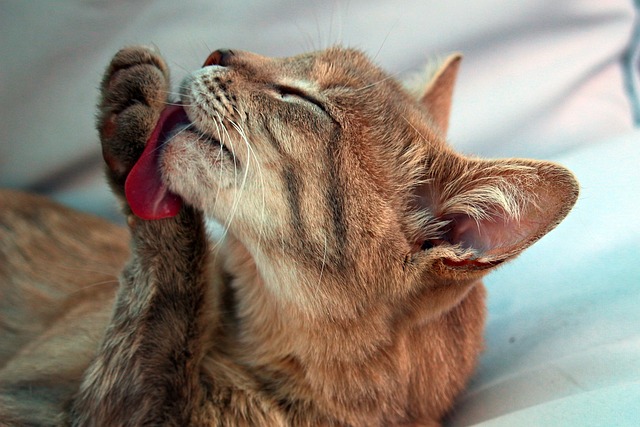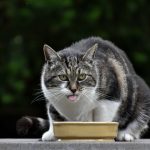Introduction: Chickpeas, also known as garbanzo beans, are a nutritious legume filled with protein and fiber, beneficial for humans. But can cats safely consume chickpeas? While it’s not inherently toxic, there are important considerations for feline consumption. This article delves into whether cats can eat chickpeas and provides guidance on responsible feeding.
Cats Can Eat Chickpeas, but with Caution: Cats are obligate carnivores, primarily relying on animal proteins for nutrition. Chickpeas are not essential for their diet. While an occasional chickpea is unlikely to harm your cat, it shouldn’t replace their regular commercial cat food. Some commercial cat foods do include chickpeas to enhance protein content, but it’s always best to consult your vet before introducing such changes.
Potential Risks of Feeding Chickpeas to Cats:
- High Fiber Content: Chickpeas are high in fiber, which exceeds a cat’s dietary requirements. Overconsumption can lead to digestive issues, including upset stomach, constipation, or diarrhea.
- Nutritional Imbalance: Filling up on chickpeas may leave less room for nutritionally balanced commercial cat food, potentially leading to nutritional imbalances or deficiencies.
Moderation is Key: Cats should only consume a few chickpeas at a time, and this should be an occasional treat rather than a regular part of their diet. If your cat is consistently eating chickpeas, it’s likely too much. Remember, chickpeas should never replace your cat’s primary source of nutrition.
Feeding Chickpeas to Your Cat: If you decide to offer chickpeas to your cat, ensure they are plain and unseasoned. Chickpeas can be served in various forms, including canned, baked, fried, or sautéed. They can be used as training treats, added to meals sparingly, or mashed to conceal medication. Always prioritize your cat’s regular cat food for their main nutritional intake.
Alternative Treat Options: While chickpeas can be a treat, there are other options that might be more suitable for your cat’s digestive system. Consider offering these alternatives in moderation:
- Carrots
- Peas
- Spinach
- Blueberries
Remember, these are treats and not essential components of your cat’s diet.
Conclusion: While cats can eat chickpeas in moderation, they are not a necessary part of their diet. Responsible feeding is crucial, as overconsumption can lead to digestive issues and nutritional imbalances. If you’re unsure about introducing chickpeas or any other new food into your cat’s diet, consult your veterinarian for personalized advice.



